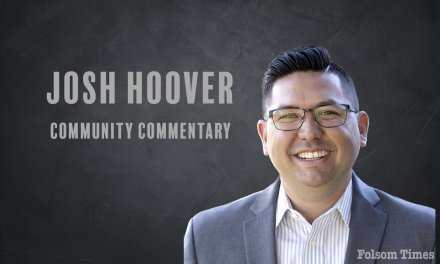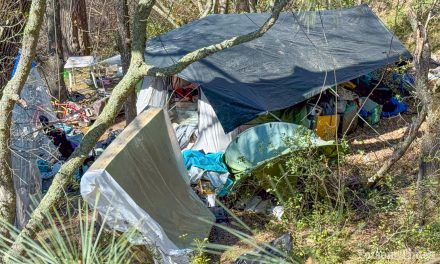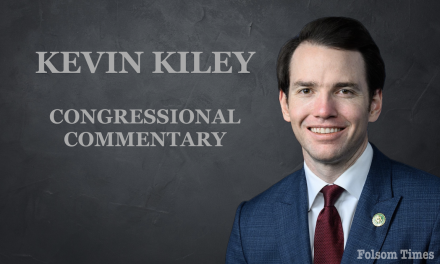The death of Dianne Feinstein, California’s groundbreaking senior senator for more than three decades,was announced today, scrambling politics in both her home state and Washington, D.C.
With more than a year left in Feinstein’s term, Gov. Gavin Newsom must now appoint a replacement, a possibility he dismissed only weeks ago as a hypothetical — and a fraught prospect as a race to succeed Feinstein has already been underway for months.
A spokesperson for the governor said this morning that his office had no information yet about Newsom’s plans, or a timeline for his selection.In a statement, he praised Feinstein, a fellow Democrat, as “a leader in times of tragedy and chaos.”
“She was a political giant, whose tenacity was matched by her grace,” Newsom said. “She broke down barriers and glass ceilings, but never lost her belief in the spirit of political cooperation.”
This will be the second appointment Newsom has made to the U.S. Senate. In December 2020, he choselongtime ally Alex Padillato be California’s first Latino senator after then-Sen. Kamala Harris was elected vice president. Padilla won a full six-year term last year.
The decision infuriated some activists, who noted that Newsom’s choice had left the Senate once again without a Black woman. Months later, hecommitted on MSNBCto naming a Black woman to Feinstein’s seat if she did not finish her term.
That promise has come back to haunt Newsom this year as Feinstein’s health problems spilled into public view, includinga bout of shinglesthat forced her to step back from the Senate for several months in the spring. Rampant speculation about an appointment has trailed Newsom, especially in interviews with national news outlets.
Earlier this month, the governor told NBC’s “Meet the Press” that he wouldselect an interim senatorif he had to because he did not “want to get involved in the primary,” even as he remained committed to choosing a Black woman.
His answer infuriated Rep. Barbara Lee, an Oakland Democrat running for Feinstein’s seat who trails Reps. Adam Schiff, a Burbank Democrat, and Katie Porter, an Irvine Democrat, inpublic polls about the March primary. Her allies have positioned Lee as a natural pick for an opening because the longtime congresswoman is one of California’s most prominent Black female politicians.
Lee slammed Newsom,calling his caretaker plan“insulting to countless Black women.” A spokesperson for the governor pushed back that he was talking about “a hypothetical on top of a hypothetical.” In the fallout, two of Newsom’s longtime political advisersleft a super PAC working to elect Lee.
That hypothetical is now real.
Lee praised Feinstein in anonline statementas “a champion for our state” and “the voice of a political revolution for women,” but did not broach the subject of her replacement. Other Black women officeholders who might be considered for the seat have also stayed resolutely silent so far.
After elevating Padilla to the Senate, Newsomnominated Shirley Weberto succeed him as California’s Secretary of State, making her the highest-ranking Black woman in state politics. Her spokesperson did not immediately return a call about whether she would consider the interim appointment if asked.
Los Angeles Mayor Karen Bass, who leads California’s largest city,said on CNN this summerthat Newsom should fill a vacancy with Lee. Her office did not immediately respond to a message.
London Breed, the mayor of Feinstein’s hometown San Francisco whoinitially called Padilla’s appointment“a real blow to the African American community,” isalso a Lee supporter. At a press conference following Feinstein’s death, Breed said the immediate focus should be the senator’s legacy and the conversation about her replacement “could be saved for another day.”
Rep. Maxine Waters, a Los Angeles Democrat, is another longtime member of Congress. Her office did not immediately respond to a message.
Feinstein’s death comes with intense pressure not just for Newsom, but also Senate Democrats, who have a bare majority in the chamber. Feinstein held a seat on the Judiciary Committee, which approves judicial nominations. Many Democrats now fear that Republicans willblock a replacement, deadlocking the committee and preventing President Biden from appointing any more judges in his first term.




